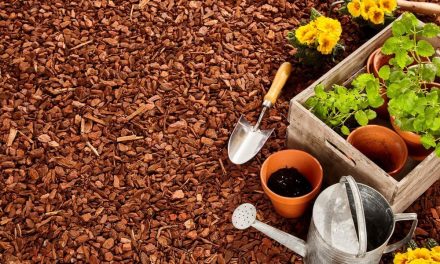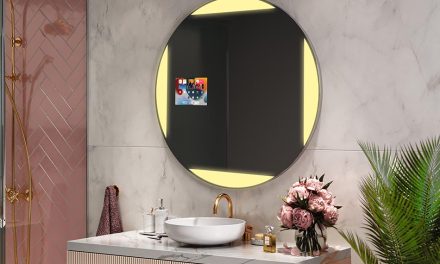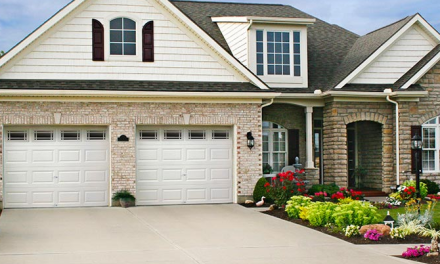SPC Flooring What is SPC Flooring?
Since its introduction in the 1970s, vinyl flooring has continued to gain popularity in all major segments of the commercial market. In fact, since 2012 alone, Spectra Contract Flooring has laid more than 95 million square feet of vinyl flooring nationwide. From hotels and restaurants to schools and hospitals, there are countless places where vinyl flooring can be installed. Thanks to hardcore technology, vinyl flooring is more vibrant and versatile than ever, thanks to products like SPC. Here, we’ll take a look at what SPC flooring is, how it’s made, the benefits of choosing SPC vinyl flooring, and some SPC installation tips.
What is SPC Flooring?
SPC stands for stone-plastic composite and is designed to mimic traditional flooring such as stone, ceramic, or wood, but there are many practical benefits as well, which we’ll cover below.
SPC flooring typically consists of four layers.
Abrasion Resistant Layer – This plays an important role in the longevity of the flooring by preventing rapid wear and tear through the use of an acrylic coating, such as aluminum oxide.
Vinyl top layer – Some premium SPCare feature realistic 3D visualization that can resemble limestone, ceramic or wood.
Tough Core – The base layer offers the greatest benefits. A dense but stable waterproof core layer provides rigidity and stability to the floor.
Underlayment – This layer, known as the subfloor underlayment, provides additional sound insulation and makes the floor naturally resistant to mold and white mold.
How SPC flooring is manufactured.
To understand what SPC flooring is, let’s first look at how it’s manufactured.There are six basic processes involved in the manufacture of SPC
Mixing.
First, the raw materials are placed in a mixing machine. In the mixer, the ingredients are cooled to remove water vapor and prevent initial plasticization and breakdown of the additives.
Extrusion.
The material is removed from the mixer and then extruded. Here, temperature control is important for proper plasticization of the raw material. The raw material is divided into five zones, the first of which is at the highest temperature (about 200°C) and the remaining three zones are gradually reduced in temperature.
Calendering process
Once the material is fully plasticized in the mold, the next step is the calendering process. In this process, a series of heated rollers are used to join the cold material into a continuous sheet. By manipulating the rolls, the width and thickness of the sheet can be precisely and consistently controlled. After the desired thickness is achieved, embossing is performed using heat and pressure. The surface of the product is textured using embossing rollers to create a glossy “ticking” or “deep” embossing. Once the texturing is complete, the surface is coated prior to boxing to prevent scratching and abrasion.
Wire Drawing Machine.
Frequency controlled wire drawing machines are connected directly to the motor that feeds the material into the cutter, preferably at line speed.
Cutting Machine.
The cutter is signaled by highly sensitive and precise photoelectric switches to ensure a clean, even cut.
Advantages of choosing SPC vinyl floor coverings
Easy Installation
SPC can be easily installed in two ways: with adhesives and with relays. Modern relay systems allow SPC to be used with minimal surface preparation, reducing installation costs and time.
Water Resistant
The main benefit of SPC vinyl flooring is that it is completely waterproof. Unlike many faux flooring products, SPC vinyl flooring has a rigid polyvinyl chloride underlayment and can therefore withstand liquids and spills.
Style and Comfort
SPC flooring is more comfortable to walk on than other flooring such as wood or stone and is better soundproofed.
Affordable.
If you’re looking for a flooring material that’s waterproof, scratch-, stain-, and fade-resistant, but not too far out of your budget, SPC vinyl flooring is often less expensive than flooring that mimics premium materials like hardwood or stone.
Maintenance.
SPC vinyl flooring does not require sandblasting and is easier to maintain than other premium flooring.





